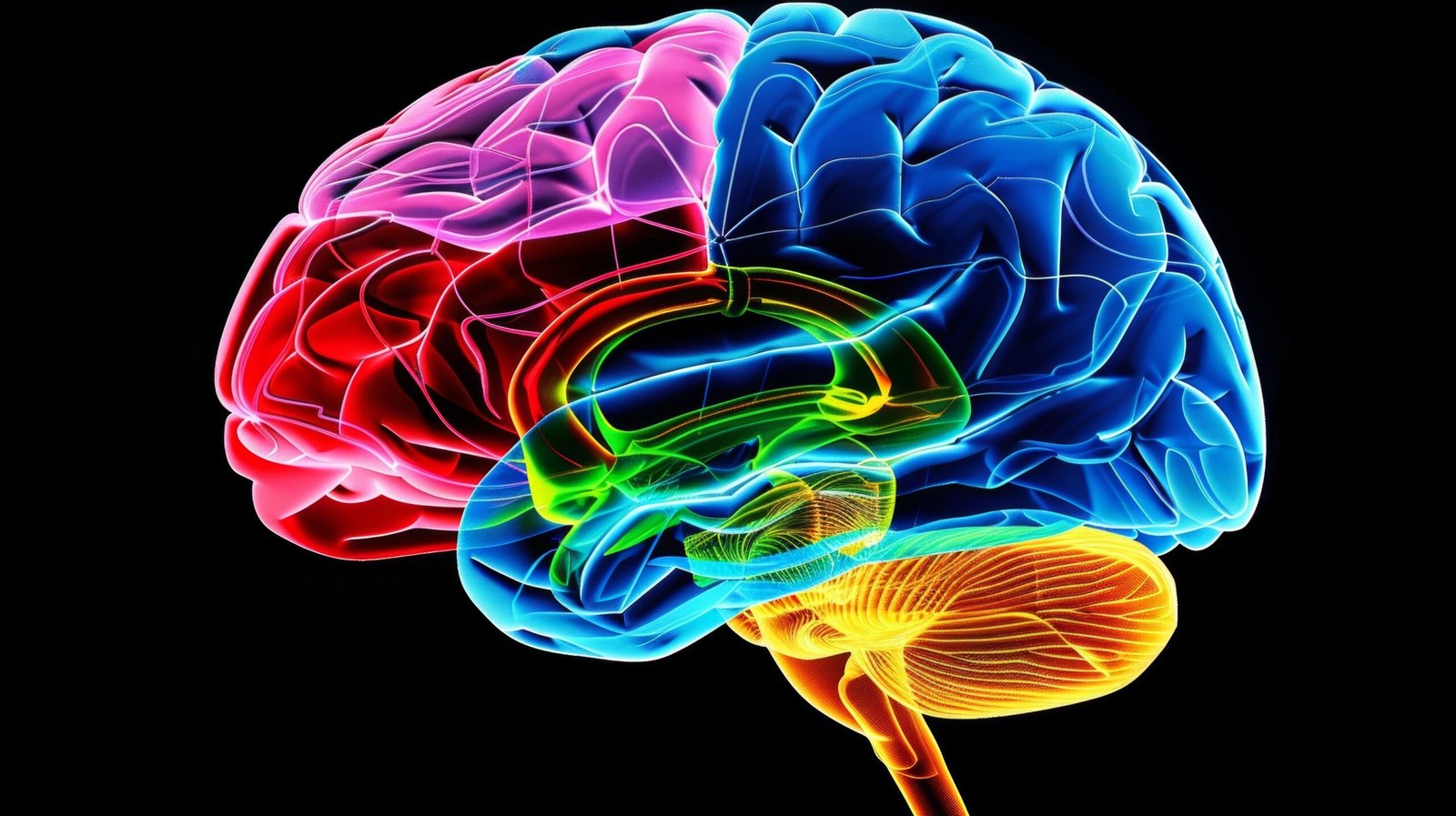The Benefits of Intermittent Fasting: Is It Right for You?
Imagine a way of eating that could help you lose weight, improve your health, and maybe even live longer – all without giving up your favorite foods. Sounds too good to be true, right? Well, that’s exactly what many people claim intermittent fasting can do. But what exactly is intermittent fasting, and is it the right choice for you? Let’s dive in and explore this popular eating trend that’s taking the health world by storm.

Intermittent fasting isn’t about what you eat, but when you eat. It involves cycling between periods of eating and fasting. There are different ways to do it, but the basic idea is to give your body longer breaks between meals. Some people fast for 16 hours a day and eat during an 8-hour window, while others might eat normally for five days a week and drastically reduce calories for two days.
Now, let’s look at 15 key points about intermittent fasting, including its benefits and challenges:

Weight Loss
Intermittent fasting is popular for weight loss because it encourages the body to use stored fat for energy, leading to potential weight loss. Additionally, eating within a smaller time window may naturally reduce overall calorie intake. However, adjusting to fasting can be difficult, as hunger and the temptation to snack can be strong, especially for those accustomed to eating throughout the day.

Improved Insulin Sensitivity
Intermittent fasting can improve insulin sensitivity, helping your body manage blood sugar levels more effectively, which is beneficial for preventing type 2 diabetes. By allowing cells to absorb glucose more efficiently, this approach supports better overall health. However, if you already have diabetes or face blood sugar challenges, fasting can pose risks and should be approached with caution. It’s crucial to work closely with a doctor to ensure that intermittent fasting is done safely and effectively in such cases.

Detox and Cellular Repair
Fasting triggers autophagy, a process where your body removes old or damaged cell components, which may help prevent diseases and slow aging. This cellular clean-up acts like a maintenance crew, clearing out and detoxing what’s no longer needed and promoting healthier cell function. While autophagy shows promise in these areas, the science behind it is still in its early stages.

Heart Health
Intermittent fasting may benefit heart health by lowering blood pressure, reducing bad cholesterol, and decreasing inflammation in the body, according to some studies. These effects contribute to better overall cardiovascular function, as high blood pressure, elevated cholesterol, and inflammation are all risk factors for heart disease. By potentially addressing these key factors, intermittent fasting could play a role in promoting a healthier heart. However, while these findings are promising, more research is needed to fully understand the long-term impact of intermittent fasting on heart health.

Brain Function
Fasting may benefit your brain by improving memory, promoting the growth of new nerve cells, and potentially protecting against conditions like Alzheimer’s disease, according to some research. However, it’s important to note that in the short term, fasting can cause temporary brain fog or difficulty concentrating, particularly when you’re just starting out. These initial challenges may ease as your body adapts, but the potential long-term cognitive benefits make fasting an intriguing area of study.

Reduced Inflammation
Chronic inflammation is associated with numerous diseases, and some studies suggest that intermittent fasting may help reduce inflammation, potentially lowering the risk of various health issues. By decreasing inflammation, intermittent fasting could play a role in preventing conditions like heart disease, diabetes, and certain cancers. The reduction in inflammation might contribute to overall better health and longevity, making intermittent fasting a promising strategy for managing inflammation-related diseases.

Increased Human Growth Hormone
Fasting can boost levels of human growth hormone (HGH) in your body, which plays a key role in fat loss, muscle gain, and various other vital processes. Elevated HGH levels contribute to improved metabolism, aiding in the breakdown of fat while supporting muscle development and overall physical health. This hormone also influences cellular repair and recovery, making fasting a potential tool for enhancing body composition and promoting a healthier metabolism. While increased HGH can be beneficial, too much can potentially lead to side effects. It’s all about balance.

Simplicity
Intermittent fasting can be simpler than other diets for some people because it focuses on when you eat rather than what you eat or counting calories. This approach allows you to avoid the complexities of tracking food intake or eliminating certain foods, making it easier to follow. By restricting eating to specific time windows, intermittent fasting can fit more seamlessly into daily routines, offering a straightforward way to manage weight and health without the detailed planning often required by other diet plans.

Potential Longevity
Animal studies suggest that intermittent fasting might extend lifespan, though it’s still unclear if this effect applies to humans. The prospect of longer life through intermittent fasting is promising, but more research is needed to confirm whether the benefits observed in animals translate to human longevity. Despite the uncertainty, the potential for intermittent fasting to impact lifespan is intriguing and warrants further investigation to fully understand its effects on human health and longevity.

Better Sleep
Many people find that intermittent fasting improves their sleep, particularly when they avoid eating a few hours before bedtime. By eliminating late-night meals, the body’s digestive processes can wind down, potentially leading to more restful and uninterrupted sleep. This timing adjustment may help regulate sleep patterns and enhance overall sleep quality. However, individual experiences can vary, and it’s important to find a fasting schedule that works best for your personal sleep needs and overall health.

Improved Discipline
Adhering to an intermittent fasting schedule can enhance your self-discipline, potentially benefiting other areas of your life as well. By committing to specific eating windows and managing hunger, you develop greater control over your impulses and routines. This improved self-discipline can translate to better habits and greater focus in various aspects of life, such as work, personal goals, and daily responsibilities. As you master the discipline of fasting, you may find it easier to apply similar strategies and self-control in other areas of your life.

Potential Cancer Prevention
Early research indicates that intermittent fasting could potentially help prevent certain types of cancer or enhance the effectiveness of cancer treatments. Some studies suggest that fasting may create a more favorable environment for the body to fight cancer cells and improve responses to therapies. While these findings are promising, more research is needed to fully understand how intermittent fasting impacts cancer prevention and treatment. The potential benefits make it an area of significant interest for ongoing scientific investigation into its role in cancer care.

Convenience
Preparing fewer meals while intermittent fasting can save both time and money on groceries. By simplifying your meal plan and reducing the number of dishes you cook, you streamline your shopping list, leading to fewer items and potentially lower grocery bills. This efficiency not only frees up time for other activities but also reduces food waste and the need for frequent shopping trips. As a result, you can enjoy a more cost-effective and time-efficient approach to meal preparation.

Muscle Preservation
Unlike some diets that can result in muscle loss alongside fat loss, intermittent fasting, when implemented properly, may help preserve muscle mass while targeting fat. By allowing the body to maintain higher levels of growth hormone and promoting metabolic health, intermittent fasting supports muscle retention even as fat is reduced. This approach helps ensure that the weight lost comes primarily from fat rather than muscle, making it a potentially effective strategy for maintaining lean muscle mass while achieving fat loss goals.

Flexibility
There are various types of intermittent fasting, allowing you to select a method that best suits your lifestyle. Whether you prefer daily time-restricted eating or periodic fasting, you can choose a plan that aligns with your personal routine. Additionally, you have the flexibility to adjust your fasting schedule as needed to accommodate changes in your daily life or health goals. This adaptability makes intermittent fasting a versatile option for those looking to integrate it seamlessly into their individual schedules and preferences. It might take some trial and error to find the fasting schedule that works best for you.

While intermittent fasting has many potential benefits, it’s not for everyone. It’s not recommended for children, pregnant or breastfeeding women, or people with a history of eating disorders. If you have any health conditions or take medications, you should talk to a doctor before trying intermittent fasting.
Also, remember that intermittent fasting isn’t a magic solution. The quality of your diet still matters. Eating junk food during your eating windows won’t lead to good health, even if you’re fasting in between.

If you decide to try intermittent fasting, start slowly. Maybe begin by pushing your breakfast back an hour or two, or try stopping eating earlier in the evening. Pay attention to how you feel and adjust as needed.
Intermittent fasting can be a powerful tool for health and weight management, but like any tool, it needs to be used correctly. It’s not about starving yourself, but about finding an eating pattern that works for your body and lifestyle.

In the end, whether intermittent fasting is right for you depends on your individual health, goals, and lifestyle. If you’re curious about trying it, do your research, listen to your body, and consider talking to a healthcare professional. Your journey to better health is personal, and what works for one person might not work for another. The key is finding what works best for you!



















0 Comments